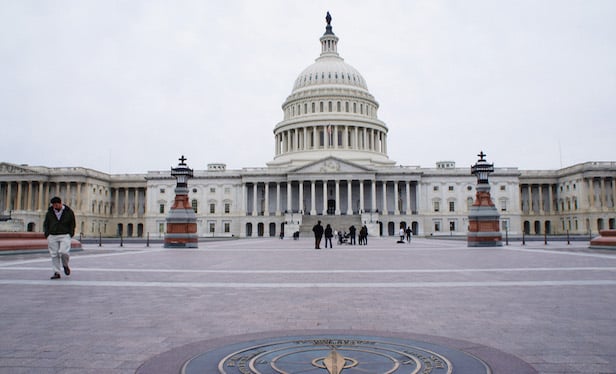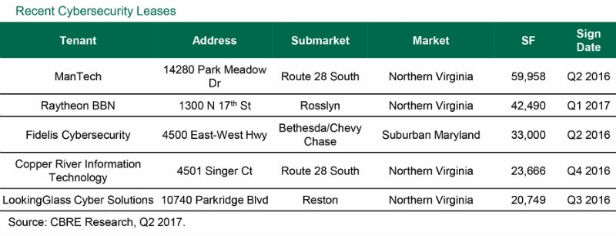WASHINGTON, DC–And we're done. On Monday Congress came to agreement on an Omnibus Appropriations bill for the second half for the fiscal year 2017, averting a government shutdown. President Trump has promised to sign the $1.1 trillion spending measure.
Politically, the bill has been described as a wash for Republicans and Trump as the measure pretty much enshrines previous spending limits, plus in some cases actively limits what the Administration can do with the funding. For example, the bill includes an additional $1.5 billion for border security — with the caveat that the money is not to be applied to one of Trump's chief policy goals of building the wall between the US and Mexico.
To see a summary of the appropriations bill go here.
To read all 1,665 pages, go here [PDF].
For the Washington DC area the bill can be considered a win, primarily because many of the deep cuts that Trump wanted to make in civilian agencies were not made. There are some other goodies as well, according to Greg Leisch, senior managing director of Market Research for Newmark Grubb Knight Frank: funding for the FBI's new headquarters, funding for the Washington DC area metro and funds for its Purple Line.
Perhaps more importantly, this bill could well become the base for FY 2018's appropriations. To be sure, the deep cuts that Trump proposed in agencies such as the Department of State, Energy and Education were for FY 2018's Omnibus bill, but some Republicans wanted to incorporate the proposal's esprit de corps as soon as possible.
That said, “I wouldn't be surprised that, because Trump is proposing such radical changes, that Congress will be deadlocked in the next appropriations negotiations and a continuing resolution will be passed instead of a new budget,” Leisch tells GlobeSt.com.
That CR would be this bill.
The funding in this bill extends to the end of the fiscal year on Sept. 30, 2017.
Read why one CRE economist believes that Congress' dysfunction is good for the US economy and will keep inflation at bay.
Defense Spending And Cybersecurity
Another plus for the Washington DC area is that the bill also includes a $25 billion increase in national defense funding over current levels. Some of this will flow to cybersecurity operations, which in particular, will have a multiplier effect in the region. As CBRE noted in a Market Flash research note [PDF] discussing the budget negotiations, private investment in cybersecurity has also seen substantial growth in recent years. It wrote:
Following a record year in 2015 with more than $3.9 billion of private capital investment in the sector, investment volume ended 2016 with over 400 deals totaling $3.5 billion. The DC metro region– along with San Francisco, New York, Boston and Los Angeles — is among the top US recipients of cybersecurity venture capital.
That translates into leased real estate.
Cybersecurity investment also means job-growth in the area, CBRE said.
With more than 100,000 current cybersecurity-related employees, the Baltimore/Washington corridor has the most robust cybersecurity workforce in the US. The total of 58,000 job openings also outpaces all other US markets, underscoring the sector's continued expansion in the region.
© 2025 ALM Global, LLC, All Rights Reserved. Request academic re-use from www.copyright.com. All other uses, submit a request to [email protected]. For more information visit Asset & Logo Licensing.







